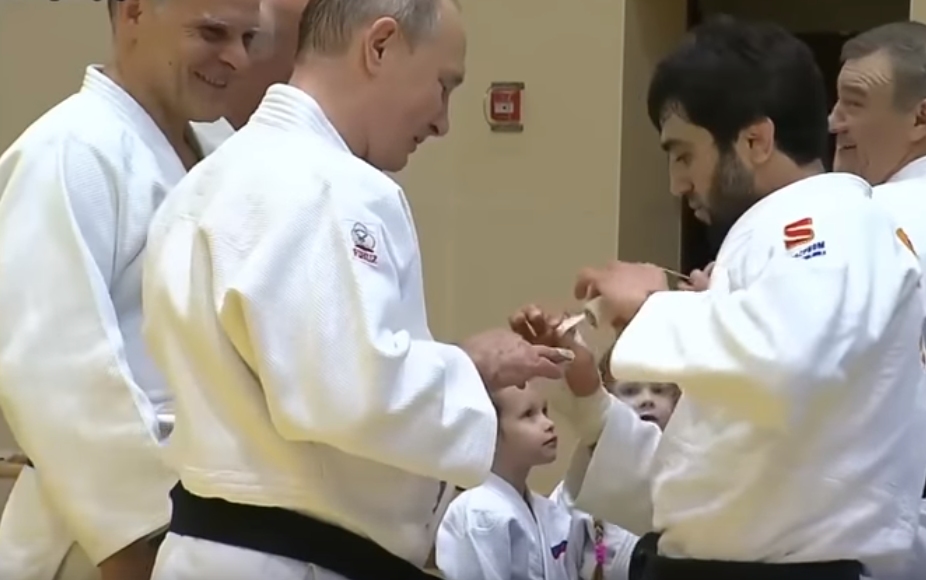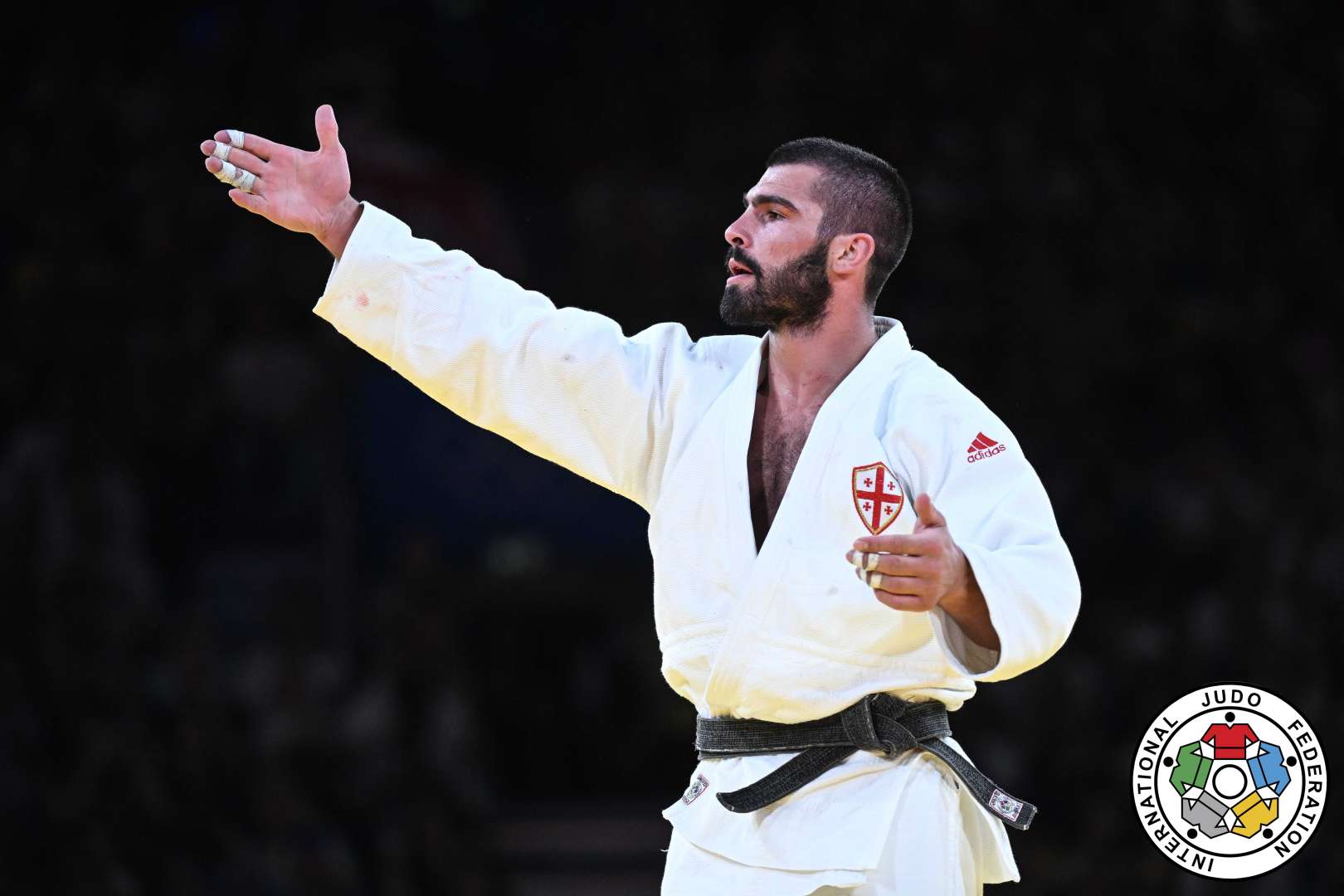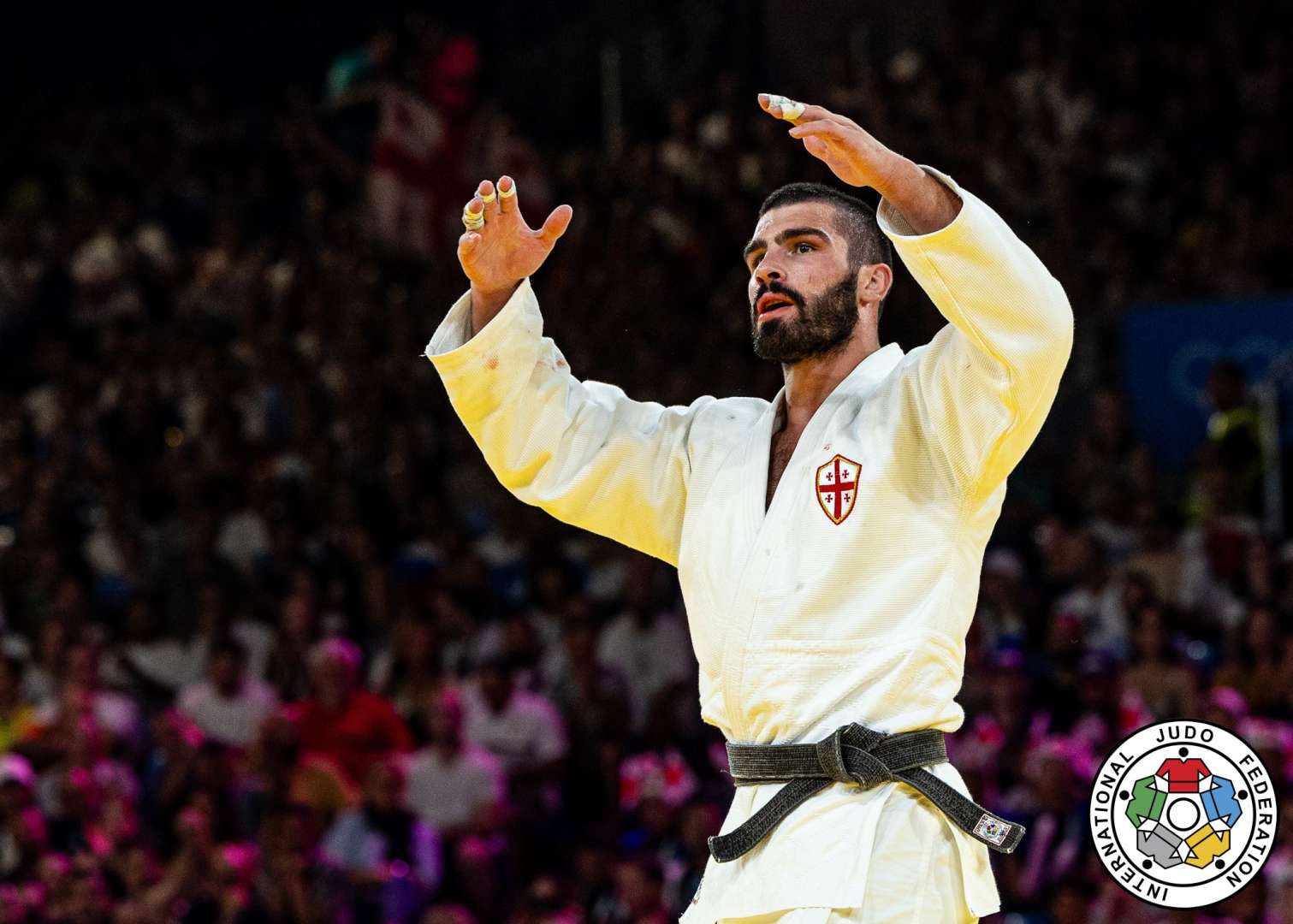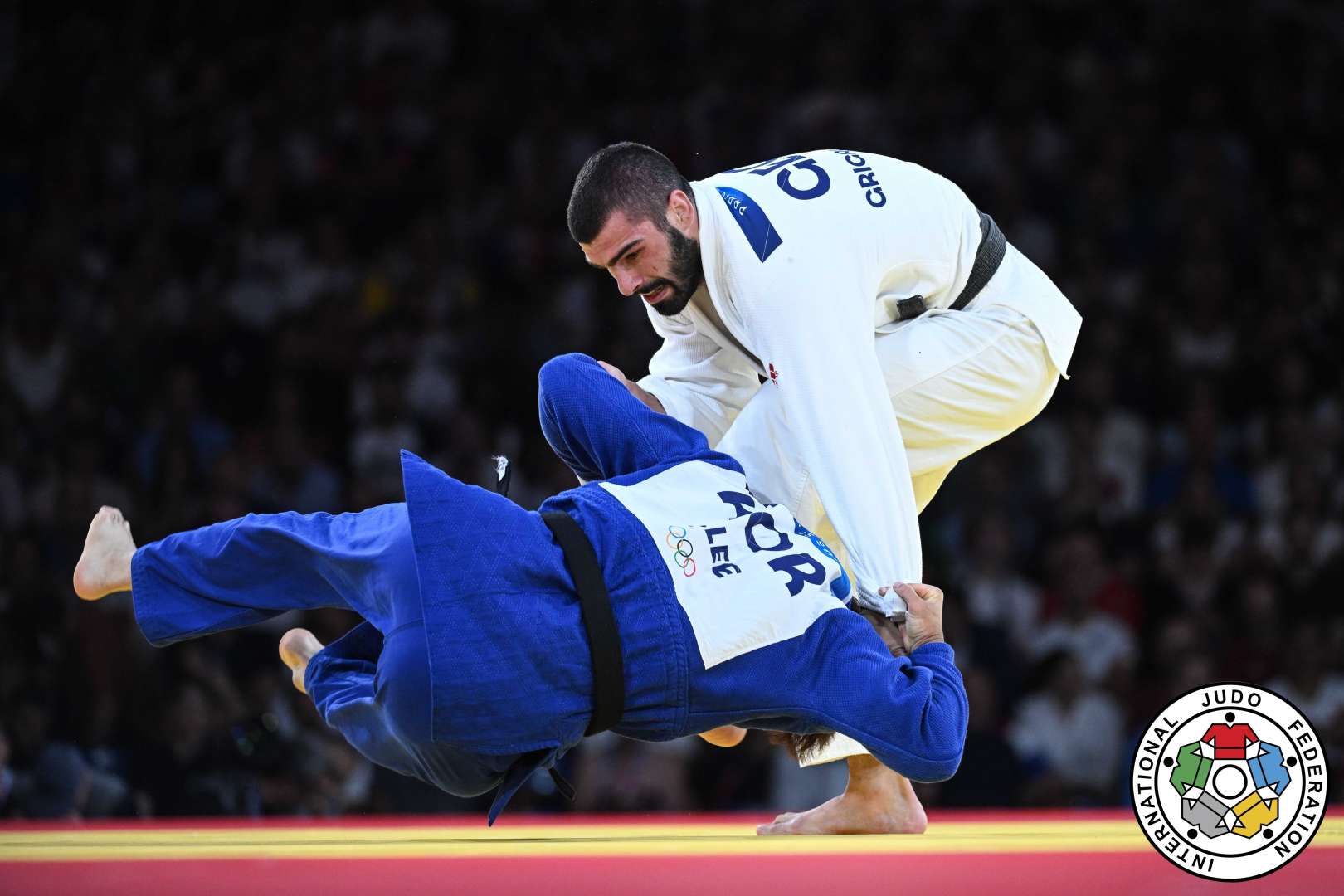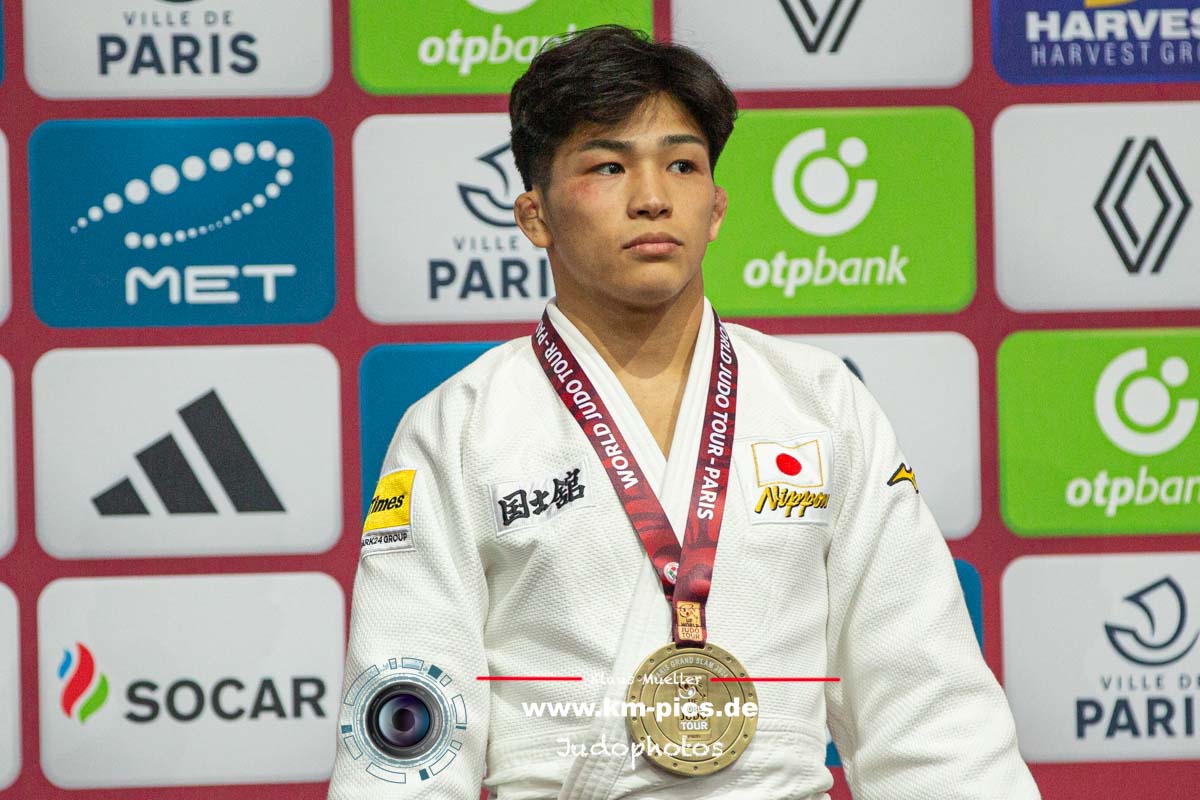Common Judo Injuries and How to Treat Them
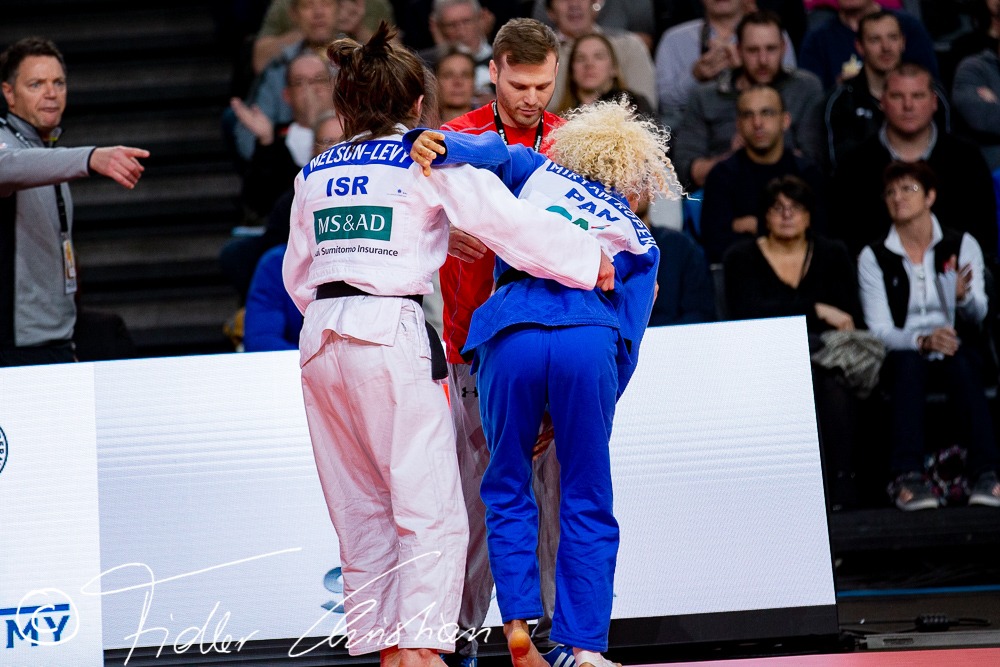
 14 May 2020 19:35
14 May 2020 19:35

 Christian Fidler
Christian Fidler
Judo can be a great way to stay fit, learn a new skill and make friends. But as fun as it is, there’s one thing that can turn this much-loved hobby into a right pain: injuries.
Injuries are the bane of any athlete’s life — and they can be especially frustrating if you’re just beginning to feel like you’re making significant progress. Throughout this piece, we’re going to explore some common judo injuries and how you can go about treating them. There’s no reason to let injuries get you down — if you take the right recovery steps, you’ll be sparring again in no time.
So without further ado, let’s dive in.
What is Judo?
For the laypeople out there, judo is a Japanese martial art founded by a man called Kano Jigoro back in the late nineteenth century. The word judo literally translates to “the gentle way”, and it’s based on two core tenets: minimum effort and maximum efficiency.
Judo centres around the idea that smaller (and potentially weaker) competitors can defeat their larger and stronger counterparts, provided they have the right abilities.
It’s now an incredibly popular sport all over the world that’s practised by an estimated 28 million people across 200 countries — its popularity skyrocketed following its introduction as an Olympic sport back in 1964.
Common Judo Injuries
Whether it’s due to not warming up properly, incorrect technique or simply bad luck, injuries are part of judo. The knees and shoulders are usually particularly vulnerable due to dynamic throws. If you get your technique even just slightly off, you might end up accidentally injuring yourself — it happens to even the best judokas out there.
In fact, research conducted by Ralph Akoto and Christophe Lambert found that knee injuries were the most common reason why judokas ended up retiring. Such injuries might include ligament damage, ligament tears or even dislocations. If they’re bad enough, you could even end up with chronic pain, though this is obviously the worst-case scenario.
However, it can happen on rare occasions — so if it does, you need to think of a way that you can still enjoy an active life despite the pain. Some former martial artists with serious knee injuries have found some success using To Better Days patches, which contain ingredients that are proven to improve the health of nerves, joints and muscles. They stated that they “started to feel less pain in the muscle group where [they] applied the patch about 15 minutes into the session”.
Shoulder injuries
Shoulder injuries are also relatively common among serious, hard-training judokas. The acromioclavicular (AC) joint is particularly at risk of being sprained due to the severe pressure it’s put under when breaking high-impact falls, or as a direct result of any serious blow that it receives. Of course, you can greatly minimise the risk of shoulder injuries by performing dynamic stretches before hitting the mat. These should be controlled and not overly vigorous — the idea here is to warm up the muscles, priming them to be used rather than blasting them into action.
If you do end up with a shoulder injury, your primary focus should be some good old R&R. As well as taking some time out from all sports, you should apply cold compresses multiple times a day (mixed with the odd heated gel pack to help ease overly tense muscles), and include some low-impact stretches.
Remember: don't rush it. As much as you’ll be missing the dojo, it’s not worth returning before your body is ready and risking another injury.
Injuries aren’t the End of the World
If you do get injured, don’t let it get you down. Enjoy some time off, let your body recover and you’ll be raring to go when it’s all fully healed again. Even if you do end up with a serious injury that has more long-lasting effects, chronic pain relief solutions have really come into their own in recent years — so it by no means spells the end of your time as a keen judoka.
Last of all, have fun! Judo is a great sport, so get out there and enjoy yourself.
 like
like
 share
share

| Result | City | Date |
|---|---|---|
| 2 | Paris | 2024 |
| 1 | Abu Dhabi | 2024 |
| 1 | Zagreb | 2024 |
| 3 | Belgrade | 2023 |
| 2 | Montpellier | 2023 |
